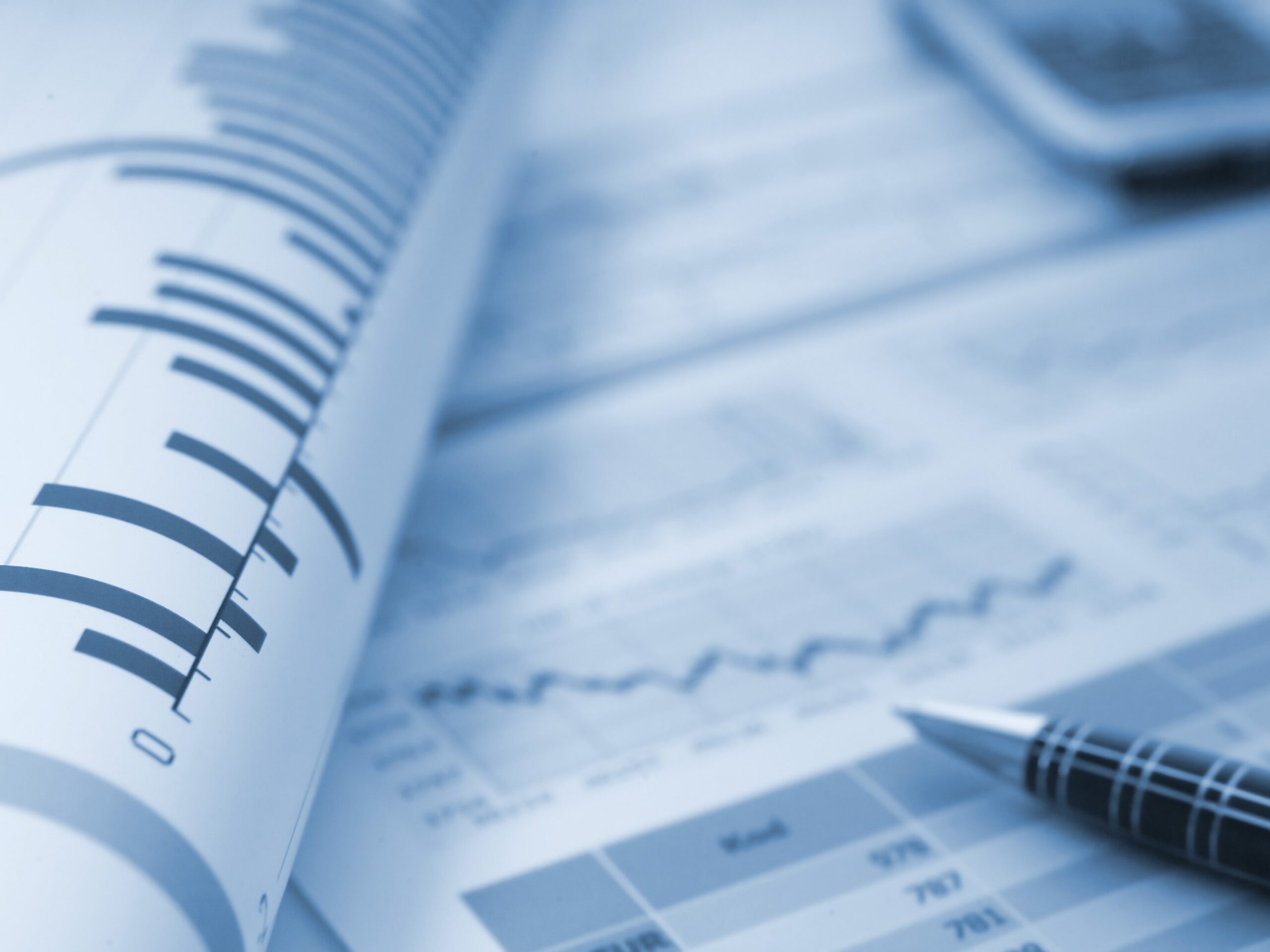Stop Blaming the Little Guy. Climate Change Is a Big Business Risk, and It’s Time Corporations Acted

For years, we’ve heard the countless ways in which we as individuals can effectively respond to the effects of climate change.
Avoid single-use plastic, walk or bike to your destinations when you can, and the infamous “Reduce, Reuse, Recycle!” are just some of the tactics that that have been used by governments and corporations to encourage individuals to take action in the fight against climate change.
Now, a recent study has revealed that one more consumer product could be adding to our individual carbon footprints: gas stoves. A recent report by NPR notes that researchers found gas stoves are leaking methane gas into the air, even when they’re turned off. It appears we can attempt to reverse the implications of climate change as much as humanly possible, but we’re still only contributing to the problem.
But really, who is to blame? Should we believe that global warming and climate change falls at the hands of individuals simply navigating the world? Think again.
It’s the tycoons and corporations of the world who should be alleviating the burden. After all, they are the largest contributors to the growing climate crisis.
The Reports by the Numbers
- A Stanford University study within the NPR report found that gas stoves are still leaking “climate-warming methane,” even when they’re turned off, with around 80% of methane emissions stemming from turned-off stoves.
- Researchers also concluded that 3% of emitted methane gas from stoves will leak into the atmosphere.
- But while those numbers may seem high, they’re nowhere near the emissions levels caused by businesses. Since 1988, 100 companies have been linked as the source to more than 70% of global greenhouse emissions.
- More than half of global industrial emissions since 1988 can be sourced to 25 corporate and state-owned businesses.
- Amazon recently revealed a 19% increase in their carbon footprint amid soaring online sales throughout the pandemic, as well as a 69% increase in fossil fuel emissions in the last year.
- A report by The Guardian concluded that if fossil fuels are extracted at a similar rate that was seen between 1988 to 2017, the average temperature of the Earth will likely rise by 4 degrees Celsius by the end of the century.
Corporation’s Responsibility
The data is stark: large corporations play an incredibly large role in the ever-growing climate crisis. Companies that were explicitly mentioned in reports included ExxonMobil, Shell, BP, Chevron and Amazon.
Specifically, Amazon not only reported that significant increase in their carbon footprint as mentioned before, but they also cited their last year’s activities led to 60.64 million metric tons of carbon dioxide emissions.
The company’s carbon footprint has continued to increase every year since 2018. This rise displays the difficulty for a “fast growing company like Amazon to cut down on pollution,” according to a report by Fortune.
As for solutions to respond to the corporate role within climate change, some entities are shifting to clean energy resources, which will produce better outcomes for the globe. However, a large responsibility is then placed on investors to make the shift as well, as investments in fossil fuels grow riskier over time.
Looking Forward
A report from the United Nations, published in 2019, said there is just over a decade until the Earth reaches its climate change threshold. While establishing and implementing a personal response to ease the burden of climate change is encouraged, it’s up to large corporations and companies to respond appropriately.
Only then can we begin to slow the effects of human-caused climate change. &










